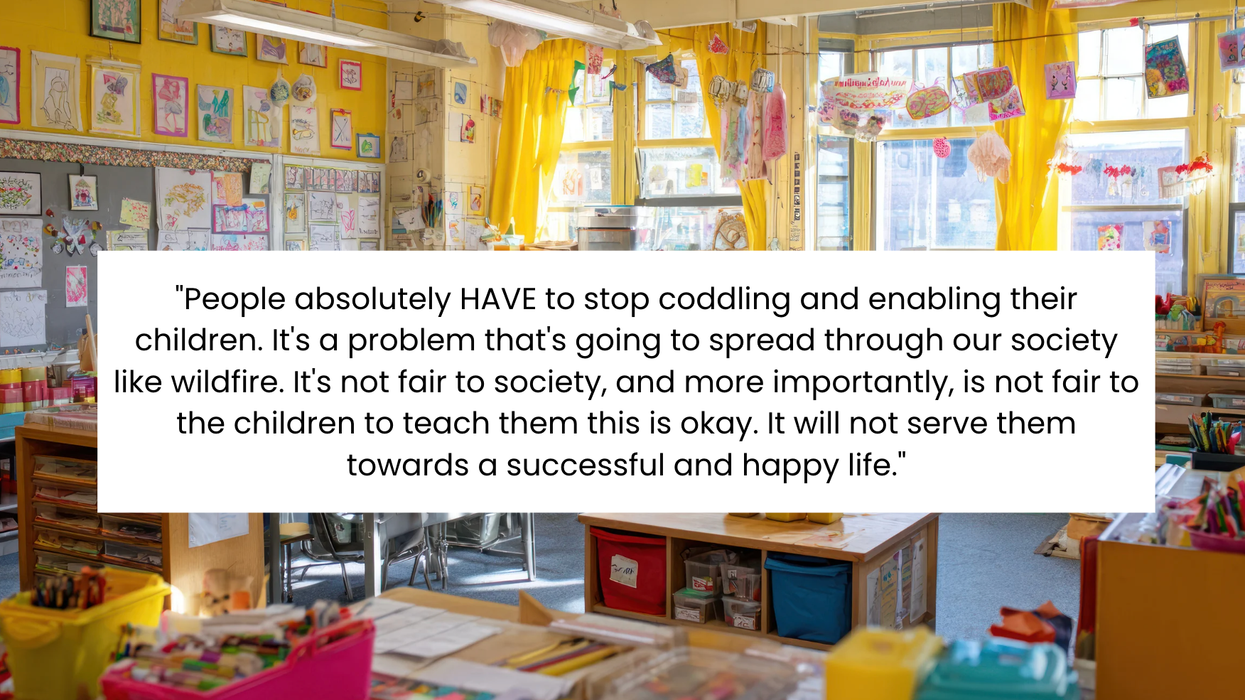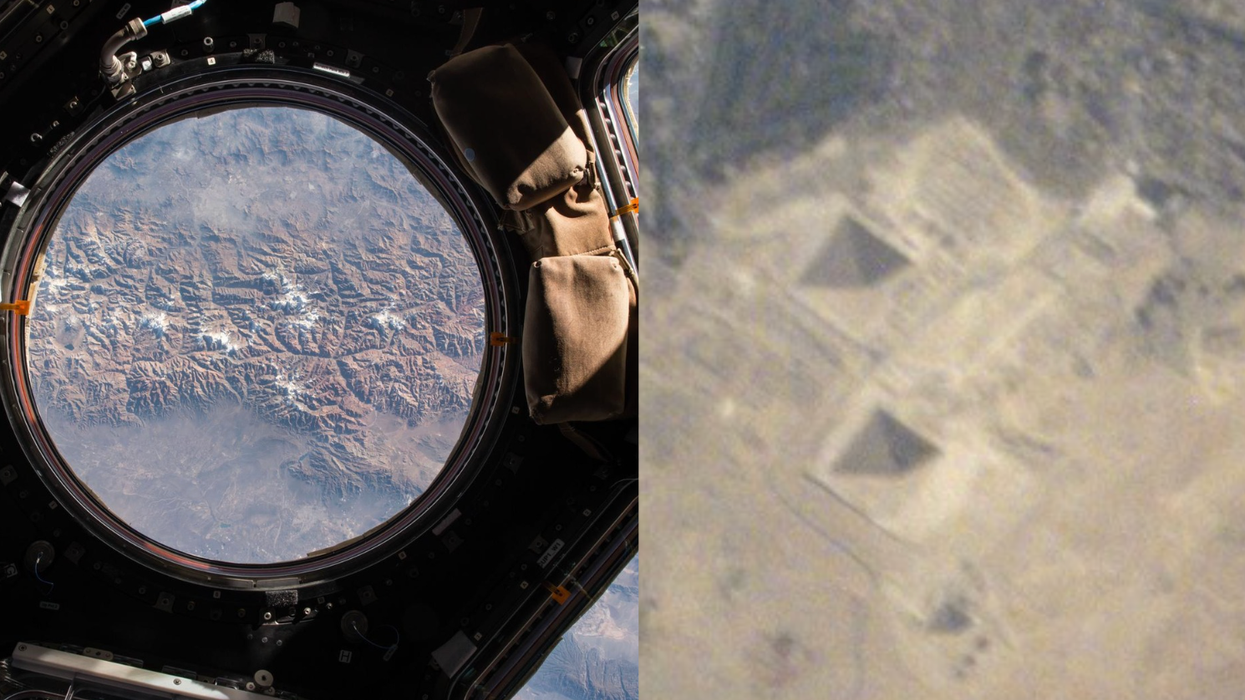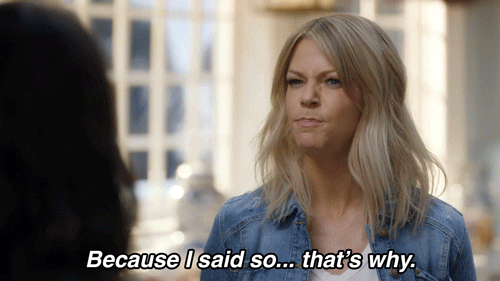If you’re picking a place to rob, you might want to avoid family-owned businesses. While a McDonald’s employee might not have much stake in fending off a would-be robber, impassioned families apparently will put up quite a fight to defend their businesses and their legacies. As you’ll see here, that could mean channeling their inner Olympic fencer by using kitchen utensils to fight back.
A Brooklyn robber experienced this phenomenon firsthand when he tried to rob Chen’s Garden with a knife, demanding that the owner, Yan Lin, turn over the register’s cash.
Yan didn’t take kindly to the request, reaching for a knife and fighting back. Soon thereafter, chef Liu Chun joined her side, armed with only a ladle.
The robber—presumably deterred as much by the duo’s passion as their actual weapons—fell back as the two advanced. The chef continued his march forward, throwing a stool at the criminal before the masked man turned and ran out the door.
It’s believed that the robber, still at large, struck two other area businesses as well. Liu is concerned that the robber will strike again. Judging by the video, I think the anonymous perp will look long and hard for a more docile staff before returning to the scene of this botched robbery.

















 Gif of Kaitlin Olson saying "Because I said so ... that's why" via
Gif of Kaitlin Olson saying "Because I said so ... that's why" via 

 A hand holds several lottery ticketsCanva
A hand holds several lottery ticketsCanva "Simpsons" gif of newscaster winning the lotto via
"Simpsons" gif of newscaster winning the lotto via 

 Kids on their computers.Photo credit:
Kids on their computers.Photo credit:  Young girl holds a drone.Photo credit
Young girl holds a drone.Photo credit  Playing with bubbles.Photo credit:
Playing with bubbles.Photo credit:  Friends on the computer.Photo credit:
Friends on the computer.Photo credit: 

 Screenshots of the man talking to the camera and with his momTikTok |
Screenshots of the man talking to the camera and with his momTikTok |  Screenshots of the bakery Image Source: TikTok |
Screenshots of the bakery Image Source: TikTok |